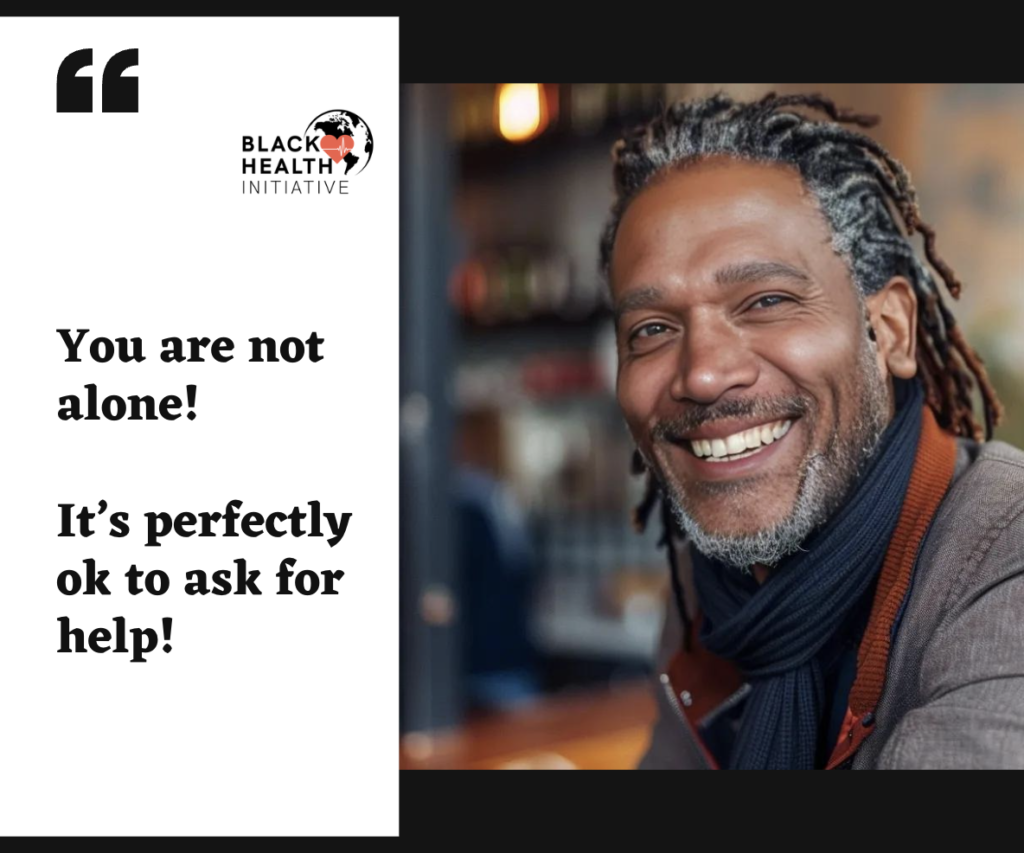Introduction
Mental health profoundly influences our physical well-being, serving as an integral part of our overall health. The connection between the mind and body is undeniable, with each affecting the other’s functioning. Recent awareness has highlighted the critical need to address mental health issues to improve our physical state. In this discussion, we will explore the specific impacts of mental health on physical health, the importance of seeking professional help, and the available resources, particularly within the Black community.
How Mental Health Conditions Affect Physical Wellbeing
The adverse effects of chronic stress on the body are well-documented. High stress levels have been linked to a multitude of health issues, such as high blood pressure, heart disease, and immune system dysfunction. Under constant stress, our bodies produce hormones like cortisol, which can cause inflammation and elevate blood pressure. Moreover, individuals struggling with mental health issues might resort to unhealthy coping mechanisms like emotional eating, substance abuse, or neglecting physical activity, which further deteriorates their physical health.
The Crucial Role of Sleep
The impact of mental health on sleep is significant, often leading to a vicious cycle of sleep disturbances that affect physical health. Proper sleep is essential for physical well-being as it helps the body repair and regenerate. Lack of sleep can weaken the immune system, impair cognitive functions, and heighten the risk of chronic diseases such as obesity and diabetes. Conditions like insomnia and sleep apnea, exacerbated by poor sleep, can further compound both physical and mental health issues.
Beyond Stress and Sleep: Hormonal and Neurotransmitter Impacts
Mental health conditions extend their influence beyond stress and sleep, affecting the body’s hormonal balance. Disorders like anxiety and depression can alter the levels of neurotransmitters such as serotonin and dopamine, which are crucial for regulating mood, digestion, energy levels, and pleasure experiences.
The Stigma of Mental Health and Its Consequences
The stigma associated with mental health issues can significantly hinder individuals from seeking necessary medical care. This often results in delayed diagnosis and treatment, perpetuating a cycle of worsening health. In the Black community, this stigma is particularly pronounced, often viewed as a sign of weakness and compounded by historical mistreatment and systemic inequities in healthcare.
Barriers Faced by the Black Community in Addressing Mental Health
- Stigma and Discrimination: Mental health issues are frequently seen as personal failings rather than legitimate medical conditions. 1 2 3
- Historical Mistrust: There’s a deep-rooted mistrust of the medical and mental health systems due to historical abuses. 1 2 3
- Fear of Misunderstanding and Criminalization: Concerns that seeking mental health treatment may lead to further discrimination or criminalization. 1 2
- Lack of Culturally Competent Care: The shortage of mental health professionals who understand the unique experiences of the Black community. 2 3
- Economic and Insurance Challenges: Economic barriers and inadequate insurance coverage often prevent access to necessary mental health services. 2 3
- Cultural Preferences: A tendency to rely on religious or community support rather than professional treatment. 1 2
These challenges create a complex barrier to seeking and receiving mental health care, leading to unaddressed issues that exacerbate over time.
Encouragement to Seek Help
It is vital to recognize that mental health conditions are not indicative of personal failure. Seeking help is a brave and necessary step towards recovery. Mental health professionals provide supportive, non-judgmental environments that foster healing and personal growth. Through tailored treatment plans, individuals can find effective strategies to manage stress, regulate emotions, and improve both mental and physical health.
Mental Health Resources for the Black Community
Several organizations offer support specifically tailored to the needs of the Black community:
- Black Emotional and Mental Health (BEAM) Collective: Offers training, toolkits, and a directory of licensed Black therapists.
- Melanin and Mental Health: Connects individuals with culturally competent clinicians.
- Therapy for Black Girls and Therapy for Black Men: Provide directories and resources focused on the Black community’s mental wellness.
- Black Mental Health Alliance: Offers resources and a therapist locator for culturally competent providers.

Conclusion
Understanding and addressing mental health is crucial for maintaining a healthy, balanced life. Acknowledging the deep interconnection between mental and physical health is the first step toward achieving wellness. By confronting these issues head-on, especially within the Black community, we can foster a healthier, more understanding society.




